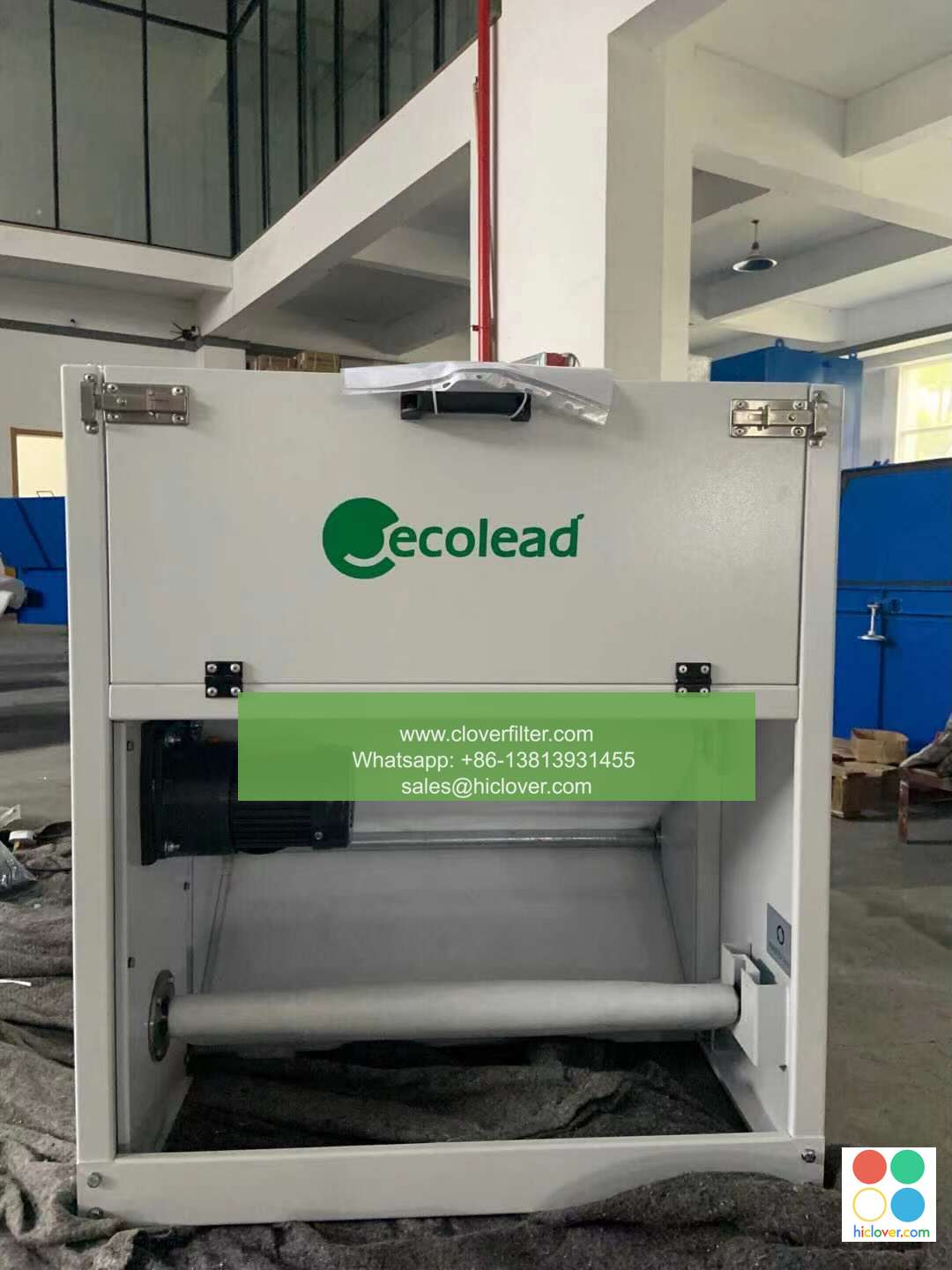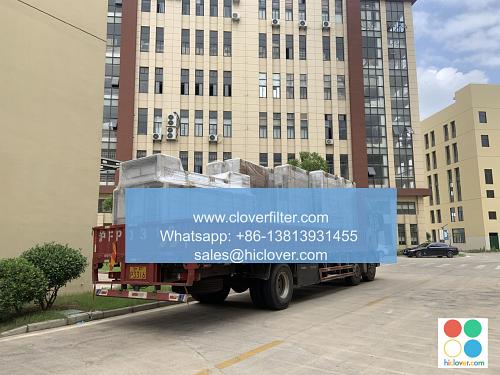Busting Air Filter Myths: Separating Fact from Fiction

As the world becomes increasingly aware of the importance of indoor air quality (IAQ) and its impact on human health, air filters have become a crucial component in maintaining a healthy and comfortable living and working environment. However, with the plethora of information available, it’s easy to get caught up in myths and misconceptions surrounding air filters. In this article, we’ll delve into the world of air filtration, debunking common air filter myths, and highlighting the facts, benefits, and various application areas of high-quality air filters.
Myth #1: All Air Filters are Created Equal
One of the most prevalent air filter myths is that all air filters are created equal. This couldn’t be further from the truth. Air filters come in a variety of types, including HEPA (High Efficiency Particulate Air) filters, activated carbon filters, and ionic air purifiers. Each type of filter has its unique characteristics, advantages, and application areas. For instance, HEPA filters are designed to capture 99.97% of particles as small as 0.3 microns, making them ideal for applications where high-level filtration is required, such as in medical facilities, industrial settings, and commercial HVAC systems.
Myth #2: Air Filters Only Remove Dust and Pollen
Another common myth surrounding air filters is that they only remove dust and pollen from the air. While it’s true that air filters are effective in capturing these particles, they can also remove a wide range of other airborne contaminants, including volatile organic compounds (VOCs), nitrogen dioxide (NO2), and particulate matter (PM). In fact, high-quality air filters can even capture bacteria, viruses, and other microorganisms, making them a crucial component in maintaining a healthy indoor environment, particularly in healthcare facilities, schools, and office buildings.
Myth #3: Air Filters are a One-Time Purchase
Many people believe that air filters are a one-time purchase, and once installed, they can be forgotten. However, this is far from the truth. Air filters have a limited lifespan and need to be replaced regularly to maintain their effectiveness. The frequency of replacement depends on various factors, including the type of filter, usage, and environmental conditions. For instance, residential air filters may need to be replaced every 1-3 months, while commercial air filters may need to be replaced every 6-12 months.
Application Areas of Air Filters
Air filters have a wide range of application areas, including:
* Residential HVAC systems
* Commercial HVAC systems
* Industrial settings
* Medical facilities
* Healthcare facilities
* Schools
* Office buildings
* Automotive applications
* Aerospace applications
In addition to these areas, air filters are also used in various industrial processes, such as cleanroom technology, pharmaceutical manufacturing, and food processing.
Conclusion
In conclusion, air filters are a crucial component in maintaining a healthy and comfortable indoor environment. By debunking common air filter myths and highlighting the facts, benefits, and various application areas of high-quality air filters, we can make informed decisions when it comes to selecting and maintaining air filters. Whether you’re looking to improve the indoor air quality in your home, office, or industrial setting, there’s an air filter solution available to meet your needs. Remember to always choose a high-quality air filter that meets your specific requirements, and don’t forget to replace it regularly to maintain its effectiveness. By doing so, you’ll be able to breathe easy, knowing that you’re protecting your health and the health of those around you. You haven’t asked a question or provided any context. Please provide more information or ask a question so I can assist you.

